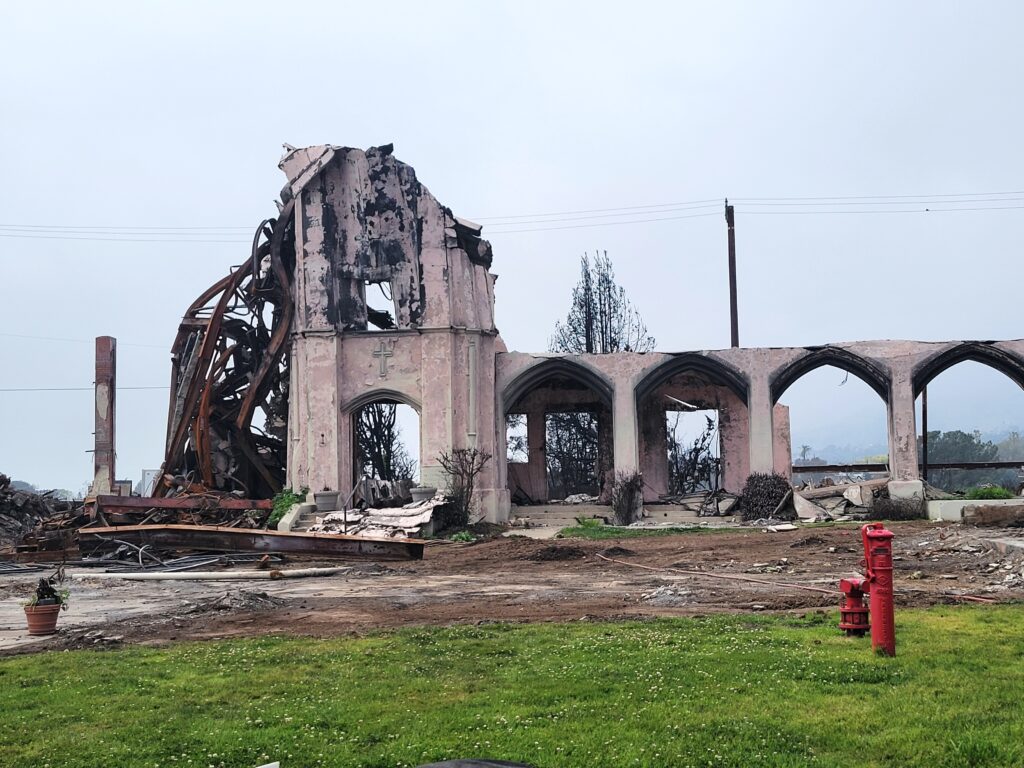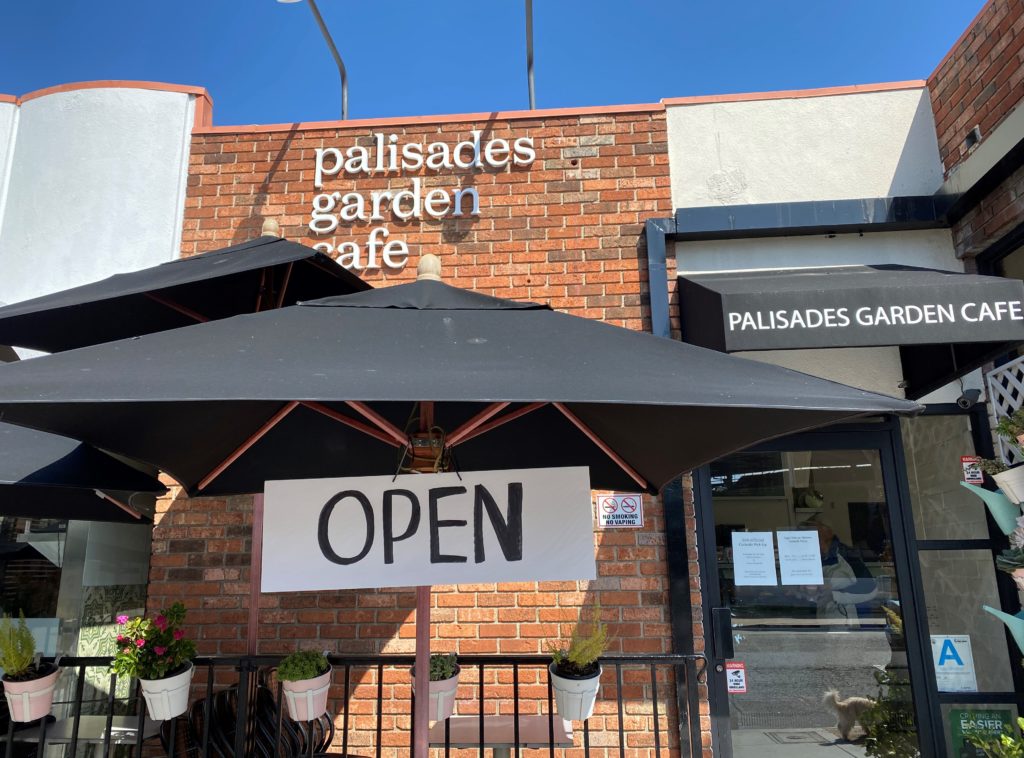Psychotherapist Robert Cohen answered some of the difficult questions that parents are asking about how to help their children through the aftermath of the Palisades Fire. The devastation turned a community upside down, forcing nearly 28,000 people to evacuate, the destruction of much of the commercial center and nearly 7,000 homes burned.
Most residents have not yet returned and remain in B&Bs, motels, apartments and rental homes more than three months after the fire.
In a parenting seminar sponsored by Paul Revere Middle via Zoom, Cohen said “There are so many layers, our lives and routines are disrupted.” He noted that even if someone on the Westside had not lost a home, they were dealing with home remediation or added traffic, friends who may have moved a distance or have even been placed in new schools.
After the initial move parents made to keep kids safe, they are now faced with new challenges. “There will be anxiety about the future, but it was important for kids to know there is a plan,” Cohen said and added, “Don’t make big life decisions when you’re under this stress.”
Cohen explained that kids need to learn that they can’t control the world, but they can control their reaction to it. “I don’t control anybody else, all I can control is my response.”
The psychotherapist used the example, “I can’ t control if it rains, but I can bring an umbrella.”
He said that in a crisis it is important to maintain a routine. “Children like structure. Meals at a normal time. Bedtime at a normal time.”
For those who lost homes and schools it’s important to create opportunities for kids to see their friends and schoolmates, even if they no longer live in the same town. He also emphasized it was important for kids to express their feelings about what they’re going through.
And “it is totally normal for them to be talking about the fires,” he said and noted some signs that are normal after a crisis are loss of concentration, changes in sleep or appetite or withdrawing. But he warned “pay attention, talk about it.”
“A crisis can help build resilience, frustrations and tolerance,” he said.
A youth’s brain does not fully develop until they are about 25 years old, and “adolescences have the most dopamine they’ll ever have and the least serotonin” and suggested that parents limit screen time.
“Teens will fight it, but boredom is good. That’s when we come up with good ideas – it’s kind of a lost art,” he said.
In a crisis, go low and slow, he said and use “I statements,” which he said is “so important.” An “I statement” will improve communication by focusing on how a parent feels, rather than assigning blame to a child. It is important to connect with your kids – maybe hold a family meeting, giving everyone an opportunity to speak.
One parent said their child is still dreaming of the fire.
“I would try to get them to talk about it,” Coehn said. “Have them share the dreams, share the worries. It’s normal for them to keep processing it.
This editor asked about taking youth back to see their homes and the town. “It’s okay going back to see it,” Cohen said. “It’s important that it Is not kept a secret. When they go back to a place they know, it’s about acceptance of a loss and is part of the grief they can experience.”
“How do we include kids in the future without scaring them,” one asked.
First, “It is important for them not to be privy to adult conversations about the future,” but “Talk about things and involve them.”
“What if they don’t want to talk about it?” the parent asked.
“If they are not talking about it with anyone that’s a problem,” he said, and noted that they don’t have to talk to parents, as long as they are talking to friends.
“I don’t force a kid to talk,” he said, but might say, “Can I ask you why you don’t want to talk about the fire?”
Another parent said she and her spouse were in disagreement about whether it was safe to return to a standing house.
“Parents should be of one mind, it is important to the family,” he said and suggested that the disagreement might be more than on just this one topic—and people need to learn how to work out issues that are centered around emotion and logic.
He said it was important for a couple to be on the same page about parenting and decisions.
“We go through things and it’s okay to share struggles,” Cohen said. “Kids can see you addressing feelings.”
Another parent asked, “Do we send our kids to Pali next year, because part of going to the school was being able to go into the community.”
Cohen said his kid was at Palisades High School and no one knows how it is going to look next year. “I don’ t like making decisions until I know the options,” he said. “Whatever form it’s in [school, community], it will be their experience.
“This will be their story,” Cohen said and told parents. “I don’t know where a kid should go to school.”
He spoke about how parents could take a lesson from eagles. “When the build a nest, they put sharp items in the bottom and then soft things on top.” After the eaglets hatch, and as they grow, gradually the mother starts to toss the softer things out. “It becomes an uncomfortable nest, which forces the eaglets out. It makes them stronger in the long run.”
The same should be true about parenting, lots of “I messages” and letting kids try new experiences, which might be uncomfortable.
Afterwards, a kid might say, “I did something I didn’t know I could do.” Parents should praise the effort, and Cohen said it is important to tell kids that “It’s okay to make mistakes.”
robert@ofonemind.net 9310) 479-9065


